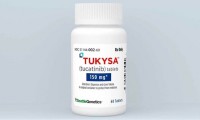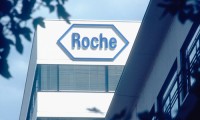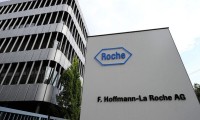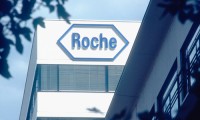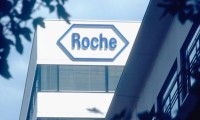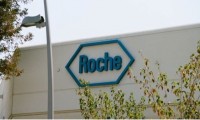-
With trial win, Seagen’s breast cancer drug Tukysa boosts Roche’s Kadcyla—and Pfizer’s $43B buyout
- Source: drugdu
- 152
- August 19, 2023
-
Roche Snubs SQZ HPV 16 Programme, Leaving the Beleaguered Company in the Lurch
- Source: drugdu
- 113
- July 27, 2023
-
Roche Partners with Alnylam on Hypertension Therapy in Deal Worth up to $2.8bn
- Source: drugdu
- 233
- July 26, 2023
-
Roche Expands Into RNAi Through Alnylam Alliance on Hypertension Drug
- Source: drugdu
- 115
- July 26, 2023
-
Roche in Talks to Buy Stomach Drug from Roivant for $7B
- Source: drugdu
- 127
- July 18, 2023
-
Roche’s Ocrevus Shows Promise as a Subcutaneous Injection in Phase 3 MS Trial
- Source: drugdu
- 132
- July 17, 2023
-
Roche’s New Subcutaneous Version Measures up to IV Ocrevus in Multiple Sclerosis
- Source: drugdu
- 171
- July 15, 2023
-
Roche’s Evrysdi shows continued improvement in children with spinal muscular atrophy
- Source: drugdu
- 115
- July 5, 2023
-
report
- Source: drugdu
- 121
- June 4, 2023
-
Roche Terminates Second Phase II Schizophrenia Trial
- Source: drugdu
- 106
- May 25, 2023
your submission has already been received.
OK
Subscribe
Please enter a valid Email address!
Submit
The most relevant industry news & insight will be sent to you every two weeks.

